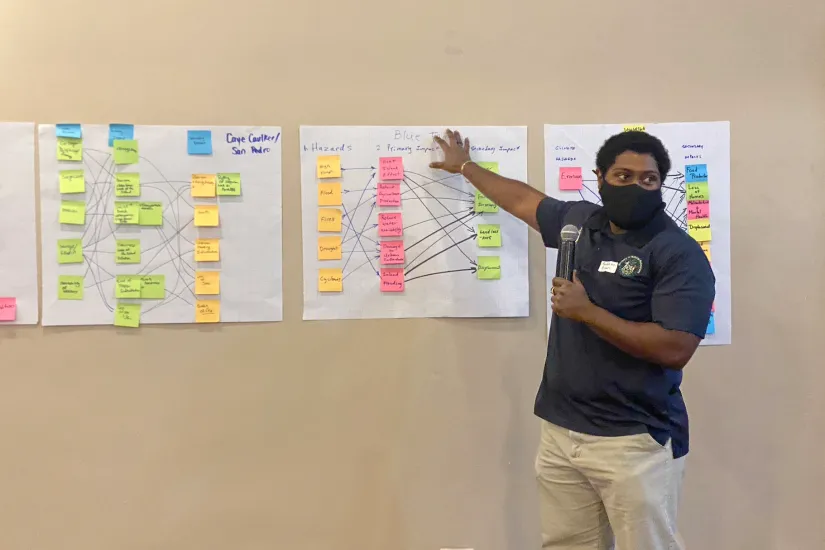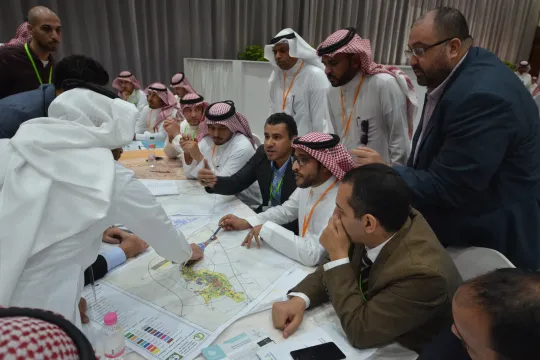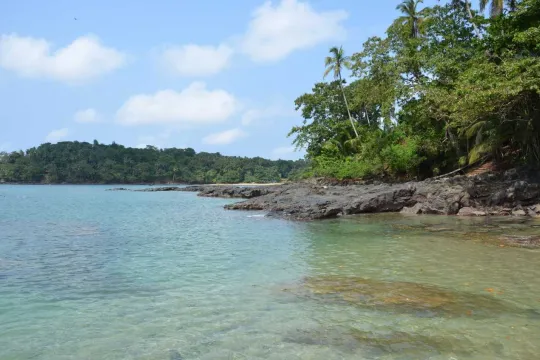
Introduction
¡3, 2, 1...! The launching of the digital platform of Our City Plans Centroamerica took place on May 2nd with the Secretariat for Central American Social Integration (SISCA) in Belize City. This platform is part of the Central America and Dominican Republic Capacity Building program, within the framework of the host country's Pro Tempore Presidency of the Central American Council on Housing and Human Settlements (CCVAH).
Context and background
Within the framework of the Central America and Dominican Republic project being developed by UN-Habitat, Contribution to the Implementation of the New Urban Agenda and Post-Pandemic Recovery in Central America and the Dominican Republic, Our City Plans has been translated to Spanish and adapted to the Central America context. It has been developed taking into account and responding to the normative framework in the region and the challenges they have in common. These include accelerated urban expansion processes, vulnerability to risks and climate change, lack of financial resources for project implementation, land and housing management, and coordination and management in planning processes, among others.
While many of these countries have made considerable progress in terms of spatial planning - covering a larger geographical area - there are still opportunities to transition and strengthen planning processes to a city scale, which Our City Plans Central America aims to contribute to. This is of great importance in a context where intermediate cities are the ones that, with rapid population growth, suffer from disorderly processes of urban sprawl and additional challenges, and limited capacities to address them. In order to achieve the development of sustainable cities, it is necessary to support local governments and other urban actors in dealing with the challenges that rapid urbanisation brings, as well as in the localisation of the Sustainable Development Goals and the New Urban Agenda.
Important remarks during the Launch and Training Session
During the launch, the Minister of Labour, Local Government and Rural Development of Belize, Oscar Requena, shared that there is a change in the urban paradigm in which planning must not only remain in the realm of theory, but must be put into practice, and this must be collective and inclusive, global with local impulses that must be constantly monitored and reviewed.
As part of the launch, the UN-Habitat team held a training session for 18 technical officials from central and local governments from Belmopan, Caye Caulker, Belize City, San Ignacio, Benque Viejo, Orange Walk, San Pedro, Punta Gorda, and Dangriga. Some of the common challenges, expressed by the representatives of these cities, are the lack of technical capacity, political will and climate-related risks.
Climate risk in these cities was further discussed as participants developed an Impact Chain Diagram, which lays the foundation for the development of an urban plan and its strategies to tackle such problems. Participants also had the opportunity to develop a proposed structure for the planning process based on time, political and financial constraints, as well as available planning documents and needs.
Visit Our City Plans Central America platform!

